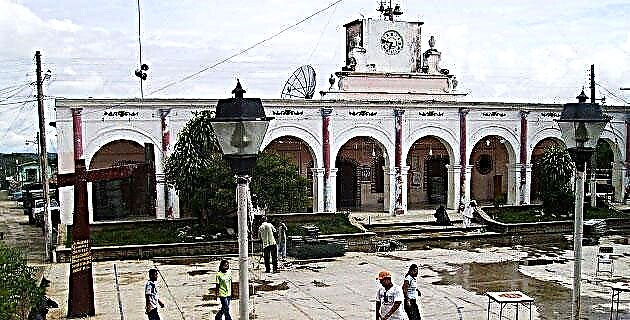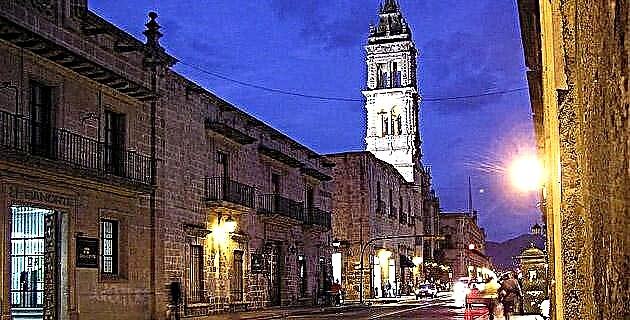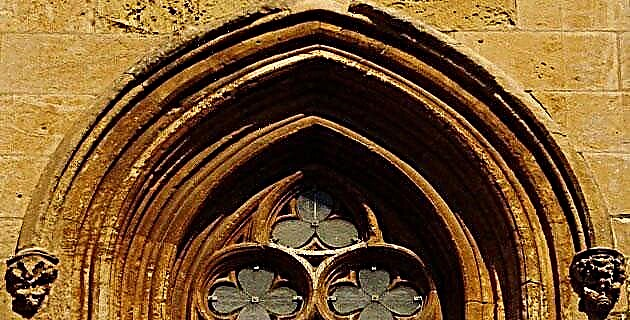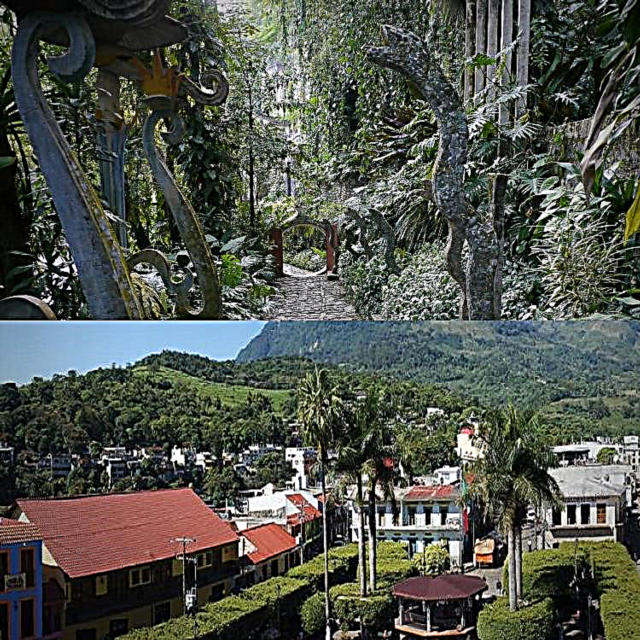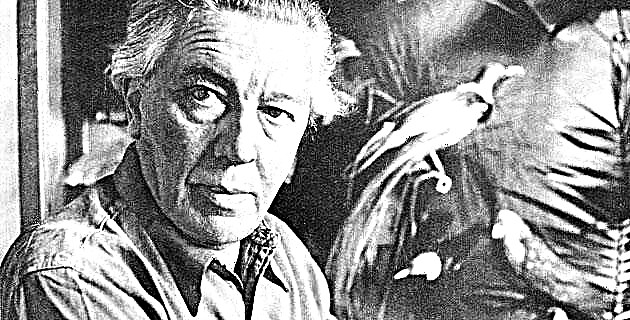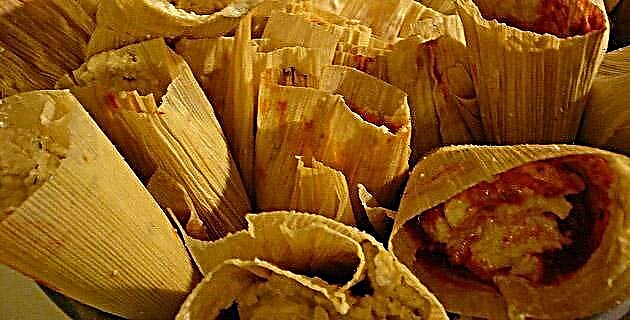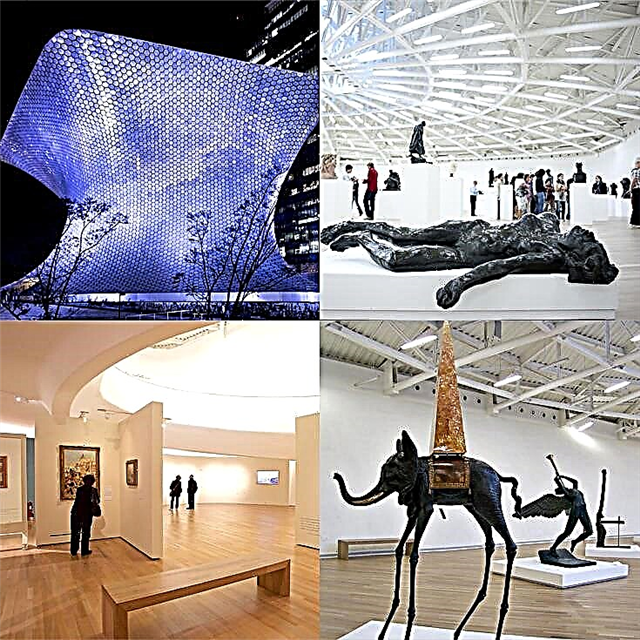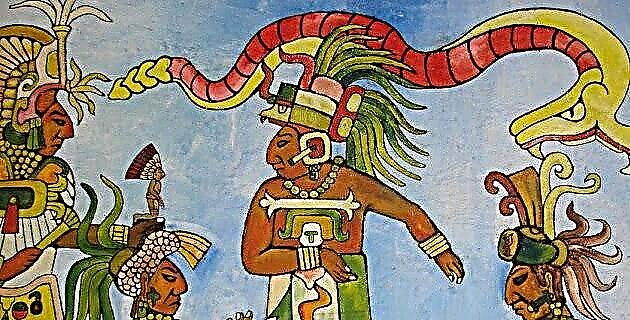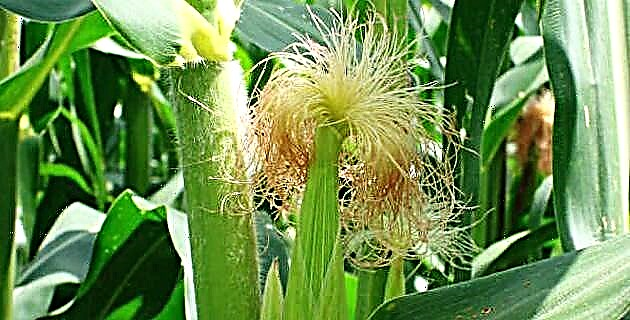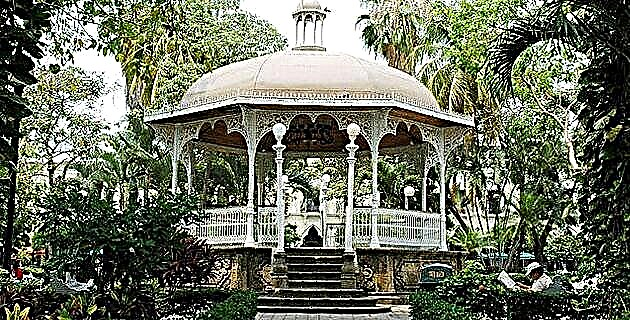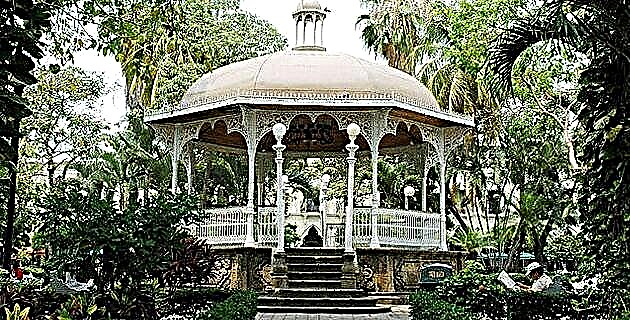
The state of Colima is known mostly for its beaches, however, it also has very special traditions that are part of the strong Colima or Colimota culture, as the natives call it.
Christmas is one of these traditions that they celebrate in a peculiar way: children, who represent Jesus and Mary, knock from door to door while singing Christmas carols, for which they are awarded various goodies. One day later, on the 25th, the Niño Dios arrives to give gifts to all the children.
In the town of Ixtlahuacán another unique celebration takes place: the traditional theft of the Child God. In it, four chayacates, masked men dressed with a sack, rob the child of the butler's house, for which they use different stratagems full of ingenuity.
Another important festival is that of the Traveling Christ, Lord of Expiration, which goes from town to town, hence its name. The last visit he makes, the second Monday of each January, is to the town of Coquimatlán. That day castles are burned and the procession is led with an allegorical car on whose platform the niche of the Traveling Christ is placed. The most graceful young women dress in sparkling robes, crepe paper wings, and tinsel crowns. The next day, a large number of dancers and groups of shepherds pay homage to the Lord of Expiration.
All these festivities are always accompanied with delicious delicacies made with products from the land and the sea, worthy of the most demanding palates, such as the splendid escaladillas, sweet potato empanadas, dry pozole, sweet enchiladas, the classic tatemado, soups with minced meat and sauces. specials, menudo, nanche atole, guayabilla or champurrado and ash and sifted tamales, zarandeado fish, ceviche, roasted oysters and moyos (crabs).
Their desserts deserve a separate space, among which the cocadas and alfajores stand out, in which they are true specialists. As a traditional drink, there is the natural or compound tuba, a liquid that is extracted from coconut palms before they bear fruit. It is a non-alcoholic drink with a more delicate flavor than coconut water. You can also drink the so-called bat, made with chia, corn and brown sugar, or the traditional tejuino that is served with ice, salt and lemon.
As for handicrafts and popular art objects, they have samples of magnificent quality such as traditional hammocks, delicately decorated perota and leather furniture, equipments, costumes, helmets and masks, as well as canes, crowns and tin belts for the dancers. You can also find beautifully decorated pots; and the profusely embroidered dresses in red on white, which all women, granddaughters, mothers and grandmothers wear on December 12 as a tribute to the Guadalupana.

